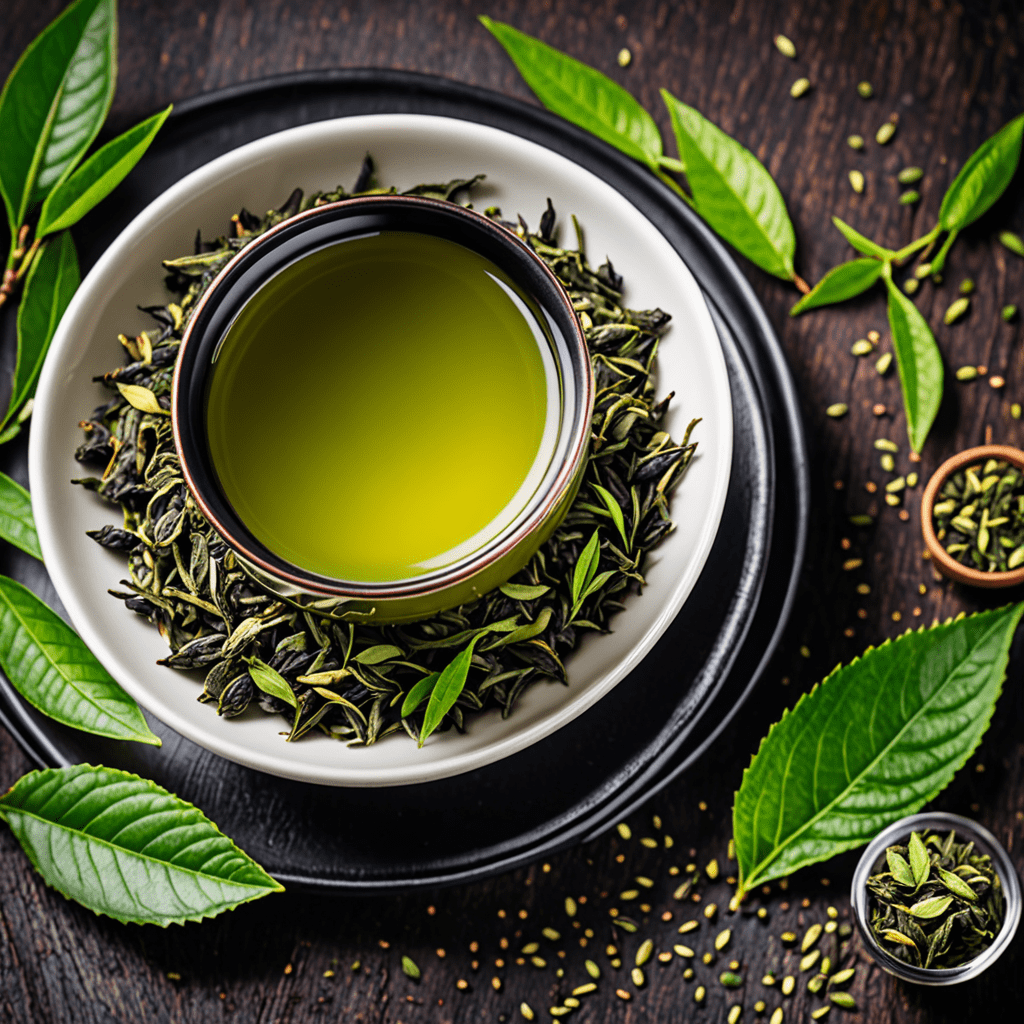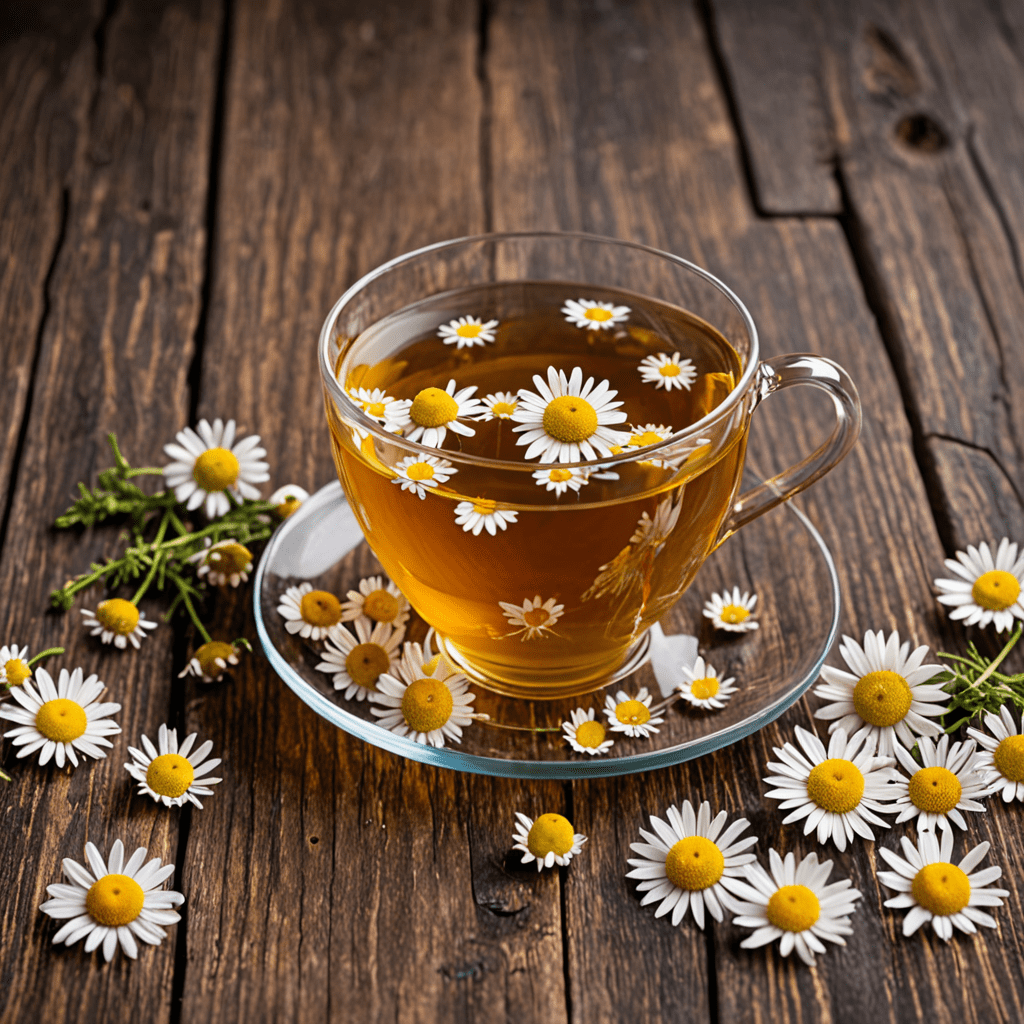Introduction
India, a land steeped in ancient traditions and rich cultural heritage, boasts a profound relationship with tea. For centuries, tea has transcended its role as a mere beverage, becoming an integral part of Indian life, woven into the fabric of daily routines, social gatherings, and spiritual practices. In recent times, as the world increasingly embraces mindfulness and its myriad benefits, India's tea culture offers a unique perspective on finding peace and tranquility through this simple yet profound practice.
The growing popularity of mindfulness is a testament to its transformative power in alleviating stress, enhancing focus, and fostering a sense of well-being. Mindfulness practices, rooted in the present moment, encourage us to be fully aware of our thoughts, emotions, and sensations without judgment. Integrating tea into these practices adds another layer of depth, inviting us to engage all our senses and appreciate the subtle nuances of the tea experience.
Types of Indian Tea and Their Significance
India's diverse landscape gives rise to a remarkable variety of tea, each with its own distinct character and flavor profile. From the robust, malty Assam teas grown in the Brahmaputra Valley to the delicate, floral Darjeeling teas cultivated in the foothills of the Himalayas, each region offers a unique tea experience. These teas not only reflect the geographical diversity of India but also hold significant cultural meaning, often playing a central role in traditional rituals and ceremonies.
For instance, in many parts of India, offering tea to guests is a gesture of hospitality and respect. The preparation and serving of tea often follow specific rituals, emphasizing the importance of sharing and connection. These traditions showcase the deep reverence that Indian culture holds for tea, recognizing its ability to foster a sense of community and belonging.
Mindfulness in Tea Preparation
The journey to mindful tea consumption begins with the preparation itself. From selecting the tea leaves to brewing the perfect cup, each step offers an opportunity to cultivate awareness and presence. Choosing the right tea for the moment, whether a comforting Assam blend or a refreshing Darjeeling, sets the tone for the experience.
The process of brewing tea, with its measured steps and gentle movements, invites us to slow down and appreciate the present moment. The gentle pouring of hot water, the swirling of leaves, and the rising steam all provide opportunities to engage our senses and be fully present in the act of creation. As the tea steeps, we can observe the subtle changes in color and aroma, allowing our minds to settle into a state of calm anticipation.
6. Tea Gardens and Mindfulness Retreats
Nestled amidst the lush greenery of India's tea-growing regions lie tranquil havens known as tea gardens and mindfulness retreats. These secluded sanctuaries offer a unique opportunity to immerse oneself in the world of tea while embracing the principles of mindfulness. Surrounded by the calming aroma of tea leaves and the soothing sounds of nature, guests can embark on a journey of self-discovery and rejuvenation.
Tea gardens provide a serene environment where participants can learn about the tea-making process, from cultivation to brewing. Hands-on workshops and guided tours offer insights into the intricate art of tea production, deepening appreciation for the dedication and craftsmanship behind each cup. Mindfulness retreats, on the other hand, delve deeper into the practice of mindful tea consumption. Through guided meditations, yoga sessions, and tea ceremonies, participants learn to cultivate present-moment awareness and appreciate the subtle nuances of tea.
These retreats often incorporate elements of traditional Indian spirituality, drawing inspiration from ancient wisdom and practices. The tranquil surroundings, coupled with expert guidance, create an ideal setting for inner exploration and personal growth.
7. Benefits of Combining Tea and Mindfulness
Combining tea and mindfulness practices offers a myriad of benefits for both physical and mental well-being. Studies have shown that regular tea consumption can reduce stress levels, improve cognitive function, and boost the immune system. Mindfulness, on the other hand, has been linked to decreased anxiety, improved sleep quality, and enhanced emotional regulation.
When combined, the benefits of tea and mindfulness are amplified. The act of mindfully preparing and consuming tea becomes a meditative experience, allowing individuals to cultivate a sense of calm and focus. The gentle aroma and soothing warmth of the tea can help to quiet the mind and promote relaxation, while the act of focusing on the present moment enhances awareness and appreciation.
Research suggests that combining tea and mindfulness can lead to improvements in mood, attention span, and overall well-being. By integrating these practices into daily life, individuals can unlock a deeper sense of inner peace, resilience, and joy.
8. Challenges and Solutions
While the benefits of combining tea and mindfulness are undeniable, incorporating these practices into daily life can present certain challenges. Busy schedules, distractions, and negative thought patterns can often hinder our ability to be present and mindful.
To overcome these challenges, it is crucial to start small and gradually build a consistent practice. Setting aside dedicated time for tea consumption, even if it's just a few minutes each day, can create a sense of routine and encourage mindfulness. Finding a quiet space, free from distractions, can further enhance the experience.
Additionally, seeking guidance from experienced practitioners or joining a mindfulness group can provide support and motivation. There are also numerous online resources and mobile applications available that offer guided meditations, tea-pairing suggestions, and mindfulness exercises.
9. Conclusion
Integrating mindfulness into the simple act of drinking tea can be a transformative journey, offering a path to greater peace, focus, and well-being. By embracing the principles of mindfulness during tea preparation and consumption, individuals can unlock a deeper appreciation for the present moment and experience the full potential of this ancient beverage.
Whether amidst the serene tea gardens of India or in the comfort of one's own home, the mindful consumption of tea offers a unique opportunity to connect with oneself, find inner peace, and cultivate a more fulfilling life.
FAQ
What are the different types of Indian tea?
India produces a diverse range of tea, including Assam, Darjeeling, Nilgiri, and Kangra. Each type has its own unique characteristics and flavor profile.
How can I incorporate mindfulness into my tea consumption?
Focus on the present moment during tea preparation and consumption. Be aware of the sights, sounds, smells, and tastes of the tea. Avoid distractions and savor each sip.
Where can I find tea gardens and mindfulness retreats in India?
Many tea gardens and mindfulness retreats are located in the tea-growing regions of India, such as Assam, Darjeeling, and Nilgiri. Online searches can provide specific locations and contact information.
Are there any research studies on the benefits of combining tea and mindfulness?
Yes, several research studies have shown that combining tea and mindfulness can lead to improvements in stress reduction, focus, and overall well-being.
How can I overcome challenges to incorporating tea and mindfulness into my daily life?
Start small, create a routine, find a quiet space, and seek support from experienced practitioners or online resources.



